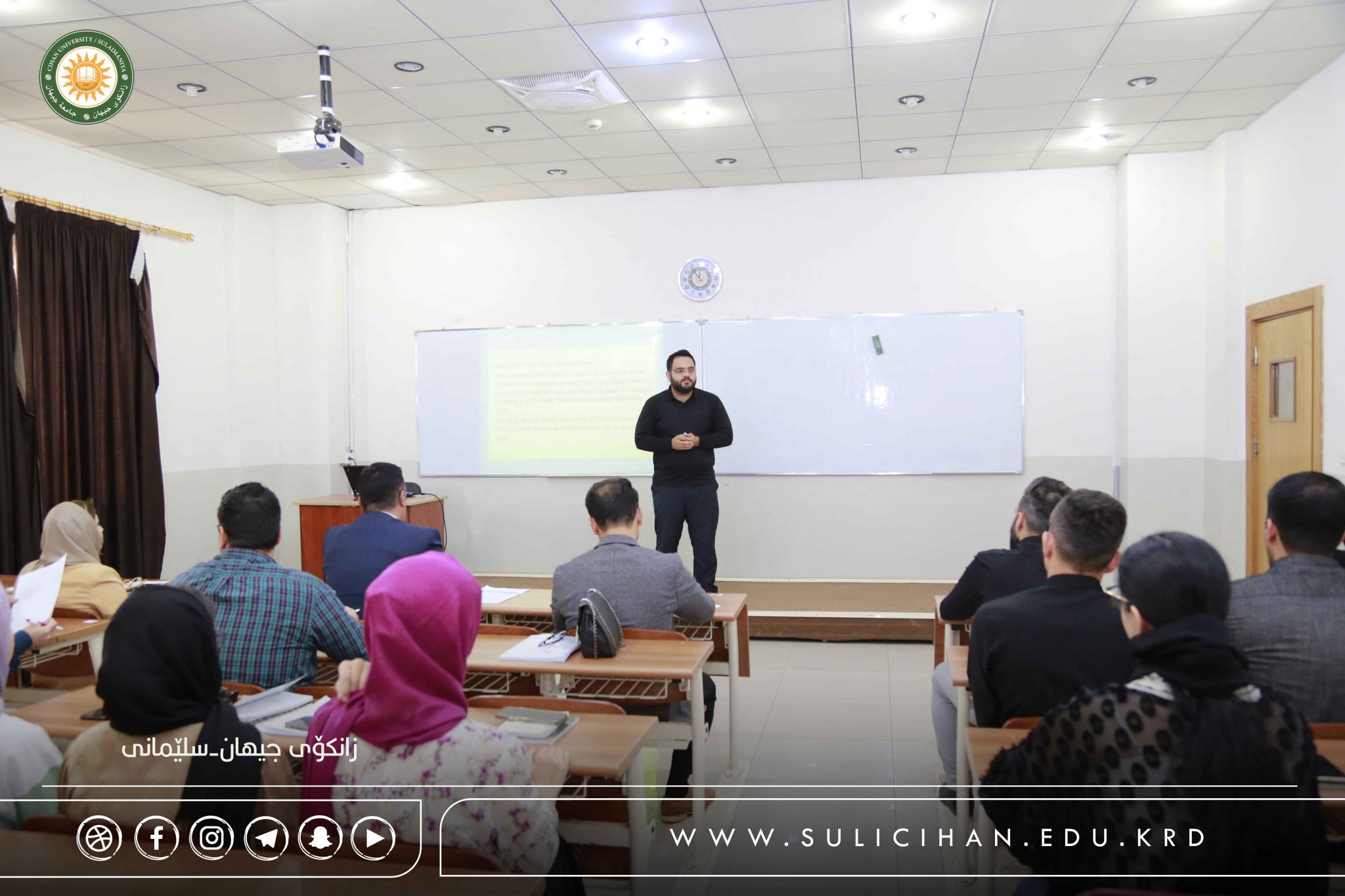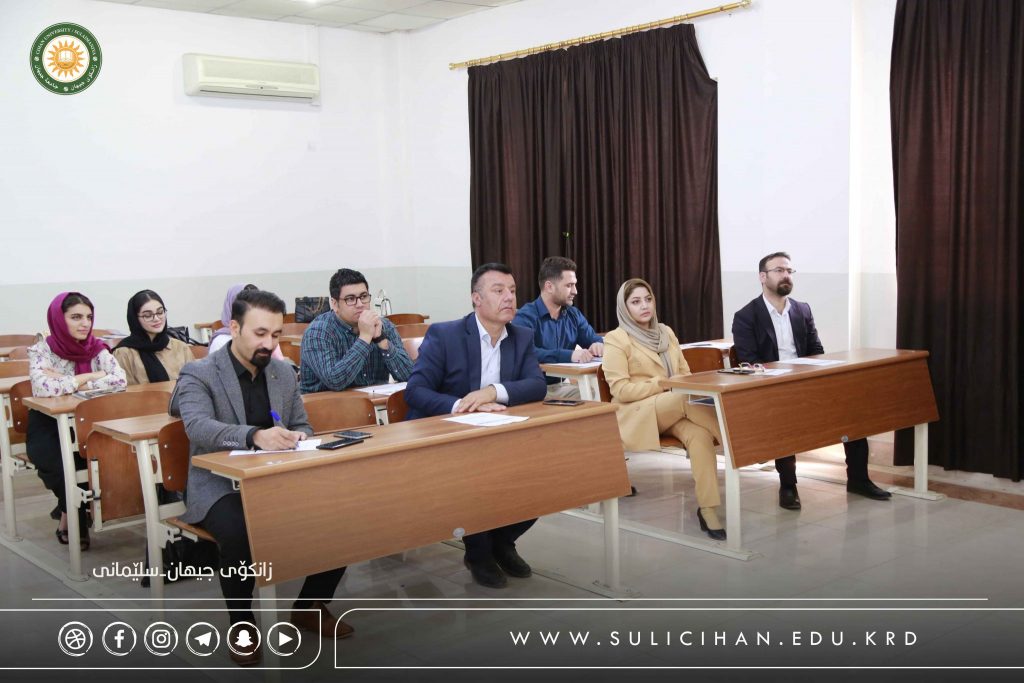
Task-Based Language Teaching (TBLT) refers to the use of tasks as the core unit of planning and instruction in language teaching. It has been defined as “an approach to language education in which students are given functional tasks that invite them to focus primarily on meaning exchange and to use language for real-world, non-linguistic purposes” (Van den Branden 2006). Some of its proponents (e.g., Willis 1996; Willis and Willis 2007) present it as a logical development of Communicative Language Teaching since it draws on several principles that formed part of the CLT movement from the 1980s. TBLT is usually characterized as an approach, rather than a method. According to Leaver and Willis (2004: 3), “TBI [task-based instruction] is not monolithic; it does not constitute one single methodology. It is a multifaced approach, which can be used creatively with different syllabus types and for different purposes”.












